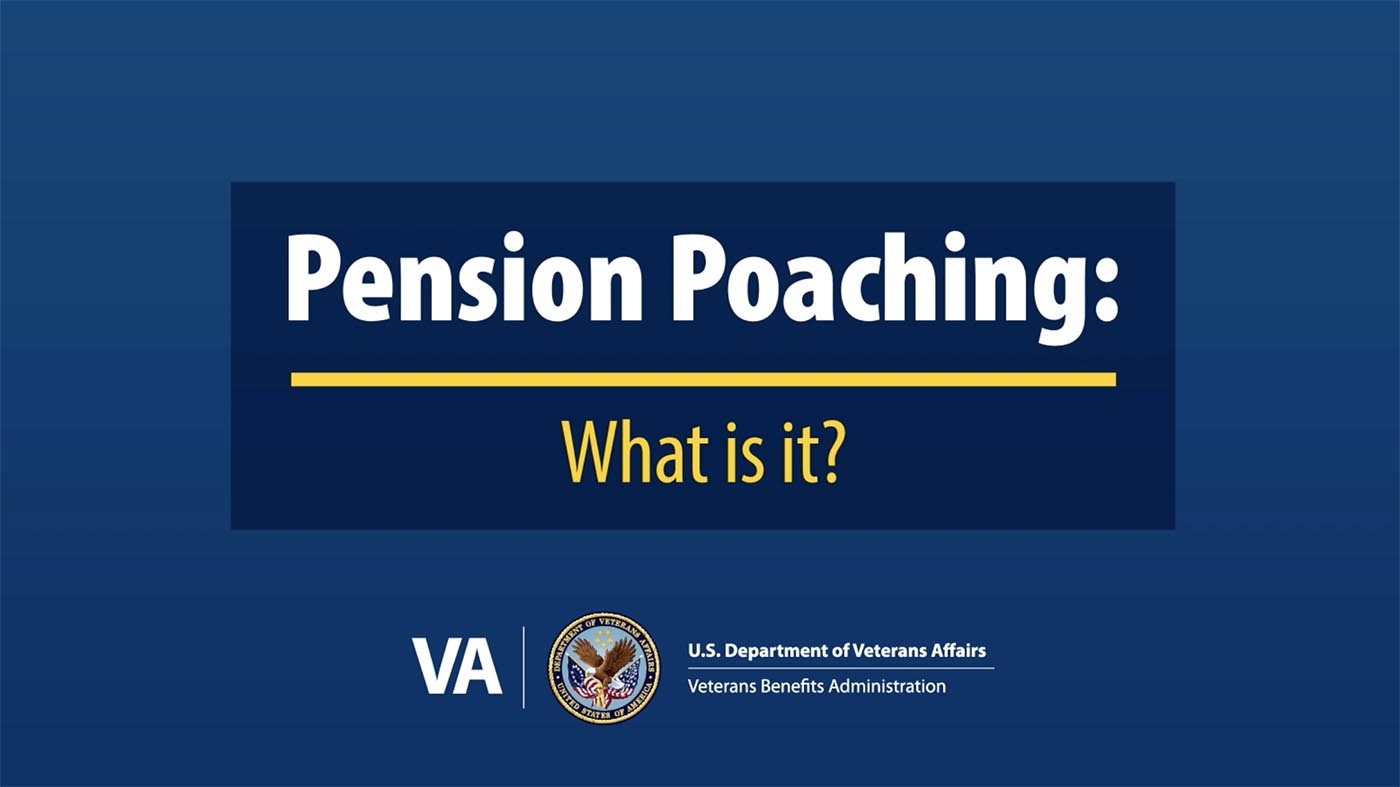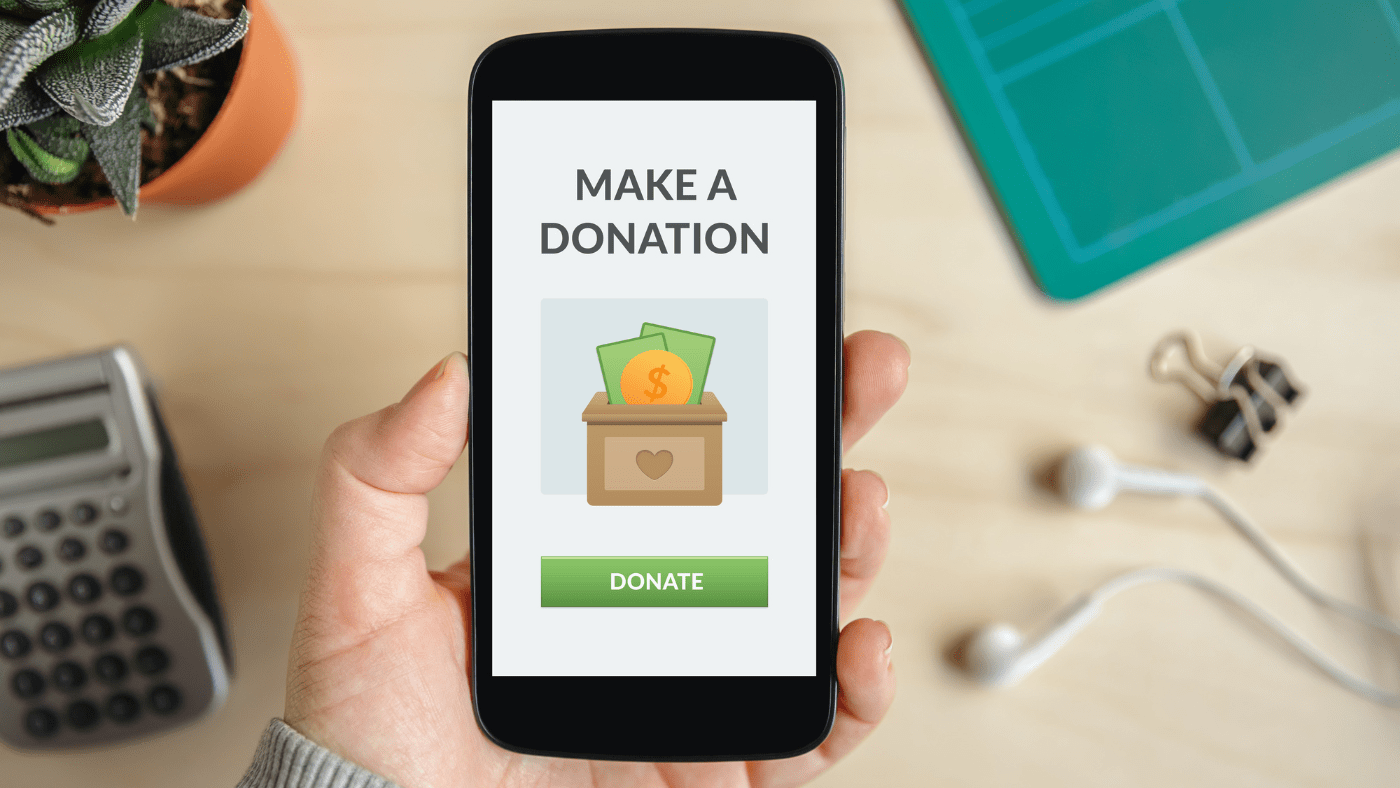Have scammers tried to take advantage of you or a loved one? Financial scammers often target Veterans, especially those who may be isolated, physically or mentally disabled, unfamiliar with handling their finances, or have recently lost a spouse. They may try to exploit you or your family to steal money, property or personal information.
Potential warning signs
If you are a Veteran, you and your family should be aware of the potential threat of scams, such as pension poaching, even if you’re not currently receiving a pension. It’s important to recognize fraud so you can protect yourself, if necessary. Often, scammers will send fake emails, calls or texts claiming to be from VA, a military charity or even a financial adviser who can help you receive benefits, such as pension payments. They may offer to restructure your finances so you appear to be eligible for additional benefits, or even try to charge you for fraudulent services. When facing potential scams, you should be on the lookout for warning signs, including:
- Charging money for free records and services
- Advertising exclusive deals for Veterans
- Using high-pressure requests
- Providing investment advice
- Using poor spelling and grammar
- Requiring upfront payment
- Suspicious-looking email addresses
- Requests for personally identifiable information (i.e., Social Security Number, date of birth, bank account number, etc.)
If you do receive a suspicious call, hang up and call VA’s National Call Center at 1-800-827-1000.
Report suspicious activity
If you spot a potential scammer, please report them to the Office of Inspector General (OIG) at va.gov/oig/hotline. VA’s OIG is dedicated to preventing and investigating cases of fraud and abuse targeting Veterans and their beneficiaries. If you feel you’ve been the victim of a dishonest financial planner, or someone is operating dishonestly, you can also file a complaint with the Federal Trade Commission at www.consumercomplaints.ftc.gov.
Topics in this story
More Stories
In this news post, we explore the various options designed to keep you in your home, offering hope and possible solutions for when/if you experience financial hardship.
Vietnam Veteran David Chee is among the many Native American Veterans and service members who have dedicated their lives to military service. Chee proudly served with the Army's 82nd Airborne, parachuting into the jungles of Vietnam. Chee now owns a home he purchased on Navajo tribal lands with the help of the VA Native American Direct Loan.
For Veterans, donating to charities—especially those that support fellow service members—feels like a meaningful way to give back to the community. However, Veterans and their loved ones must remain vigilant and learn to protect themselves from charity scams.







Thank you VA for your information and help. The day before Thanksgiving I was scammed out of alot of money thinking that I was conversing with publishers for the book I wrote on Caregiving. I was on a well known web site. In the course of the conversation I realized that I was being scammed. I called my bank immediately and thank God there was a person to talk to since the time was the day before a holiday. My bank immediately put a stop to the payment. I would have lost alot of money. My bank is being careful now to watch out for anything, and I was able to pay my bills from their office. Unfortunately these days are not what we are used to, Thank you to the VA for all you do for our veterans. My late husband was a world war 11 Veteran who lost his right arm and had multiple wounds on his body, besides post traumatic stress syndrome. Your help to widows is more valuable than you can imagine. Thank you, and God bless you.